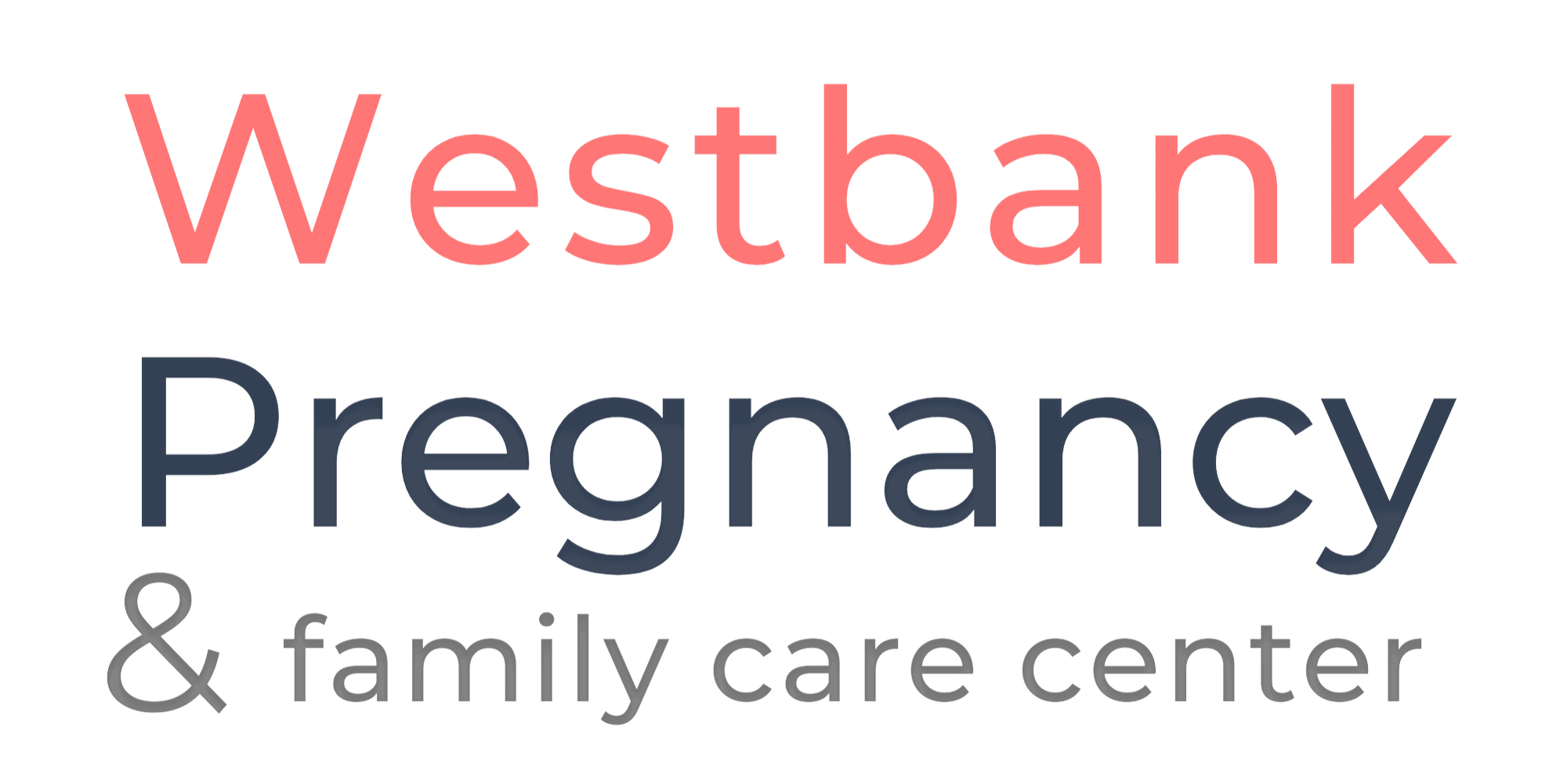Abortion Pill Information
What you need to know about the abortion pill.
What is the Abortion Pill?
The abortion pill is an early pregnancy termination method and is also known as a chemical or medication abortion. If you are considering abortion, learn more about side effects, what to expect, restrictions, and recovery. It’s also important to know how far along you are and if you are eligible for the abortion pill before you decide on your pregnancy. Note: Abortion procedures are illegal in Louisiana, including the distribution of the abortion pill, except in cases where abortion is necessary to preserve the life of the mother or in cases where the pregnancy receives a medically futile diagnosis.
We can confirm the viability of your pregnancy with a free ultrasound. An ultrasound verifies whether your pregnancy is intrauterine or not and helps detect signs of an ectopic pregnancy. While we do not provide or refer for abortion services, we provide answers and options so you can make a medically informed choice. Westbank Pregnancy & Family Care Center serves women and families in the Greater New Orleans area by providing services at no cost. Make an appointment today to learn more.
Who Can Take the Abortion Pill?
The abortion pill may prove ineffective for women with certain medical conditions, who have allergies to drugs used in the abortion pill regime, who have an ectopic pregnancy, or who are more than ten weeks pregnant.
The abortion pill is ineffective in the case of an ectopic pregnancy, which is a pregnancy that occurs within the fallopian tube or somewhere else in a woman’s body other than the uterus.
An ectopic pregnancy, if left untreated, can cause the fallopian tube to rupture, resulting in lethal bleeding and hemorrhaging. Abortions are not used to treat ectopic pregnancies. A separate surgical procedure is necessary to treat an ectopic pregnancy. An ectopic pregnancy can be fatal and requires immediate medical attention from an emergency room or an OBGYN.
Like any drug, weight, hormones, allergies, health conditions, diseases, and the type of pregnancy can cause side effects to vary. If you have taken the first dose of the abortion pill and change your mind, contact the abortion pill reversal network to learn more about your options.
Note: If you are Rh-negative, be sure to tell your healthcare provider so you can get the necessary treatment after an abortion.
What Should I Do Before Getting Abortion Pills?
Before you take the abortion pill, it is important to confirm the following:
- Viability of the pregnancy (able to continue on its own or if you are at risk for a natural miscarriage)
- The location of the pregnancy (and if it’s intrauterine or ectopic)
- Your estimated due date or how far along you are
- Confirm your Rh factor
- Remove IUD if needed
- Know the side effects, what to expect, and drugs used in the abortion pill regime (to avoid potential allergic reactions or complications)
Common side effects and risks include cramping, contractions, heavy bleeding that can last up to sixteen to thirty days, nausea, vomiting, diarrhea, fever, infection, blood clots, dizziness, and abdominal pain.
If the abortion pills do not terminate the pregnancy, a procedure may be necessary. Other complications can occur, such as an overgrowth of the uterine lining, muscle pain or stiffness, and more. Contact 911 if you have complications from the abortion pill.
Why Choose Westbank Pregnancy & Family Care Center
Westbank Pregnancy & Family Care Center believes women deserve objective information on their pregnancy options apart from an organization that profits from their pregnancy decisions. Westbank Pregnancy & Family Care Center offers free services, including pregnancy tests and limited ultrasounds, to confirm your pregnancy and determine how far it has progressed so you can be confident about your options and plan accordingly.
We are here for you. Schedule an appointment with us today.

